
Many people have animals that they cherish. They grow with you and each one develops their own personality that is especially unique to them. They are loyal to their owners and enjoy their company. To a pet you are special. With that said your animal also requires the proper diet and exercise to maintain a healthy life style. Your animal also requires regular check-ups to ensure that they are protected from things in the environment that can harm them. Things such as fleas, ticks and worms are not uncommon especially if you live in an area that promotes them. Therefore wormers such as Equimaxfor horses are important in keeping your animal in check. After all;your pet cannot tell you when something is wrong. So taking the necessary steps to prevent things that may cause them harm is very important.
Preventing Worms in your Pets
While fleas and ticks are noticeable, worms are more difficult to pick out. If you suspect that your pet may have contracted worms you should check their stool. Even if the stool reveals nothing you should still take your pet to the vet if you see a change in his demeanour. It may take a week or two for a visual sign to appear and in the meantime your furry friend is suffering needlessly.
There are several different types of worms some more common than others and some more harmful.
• Roundworms - Many puppies and kittens alike are either born with Roundworm or receive them from their mothers while nursing. These can be harmful to a small animal as the larvae make their way through the body until they reach the intestinal tract. These worms can grow to five inches. A female worm can release as many as two hundred thousand eggs in one day. Noticeable signs in a puppy or kitten are an over sized belly and stunted growth. If not treated early your young pet can die due to a blockage in the intestine.
• Whipworms - A whipworm is most often found in a dog or cat. The problem with this worm is that detection is more difficult. Instead of appearing as a worm, it looks more like string with a knot at the end of it. Living in the first section of the adult animals large, they can be harder to detect because unlike the roundworm they only produce a few eggs at a time. Common symptoms of this parasite are chronic weight loss and mucus covering the stool. While seldom life threatening this worm is very difficult for a veterinarian to detect.
• Hookworms - Predominantly found in dogs and cats this parasite is dangerous as they are much smaller in size than the other worms and adhere to the small intestine wall and suck the blood out of your pet. A puppy can actually die from anaemia if the mother transfers a hookworm during feedings.
• Tapeworms - Usually found in dogs and cats, a tapeworm is ingested by your pet from a flea. This happens due to the fact that fleas eat the tapeworm eggs and then once the flea is ingested into the animal the tapeworm is released. A tapeworm can measure up to six inches in length. Unfortunately if your pet acquires tapeworms they will need to seek professional help in order to remove them.
 When Your Pets and Budget Don't Get Along
When Your Pets and Budget Don't Get Along
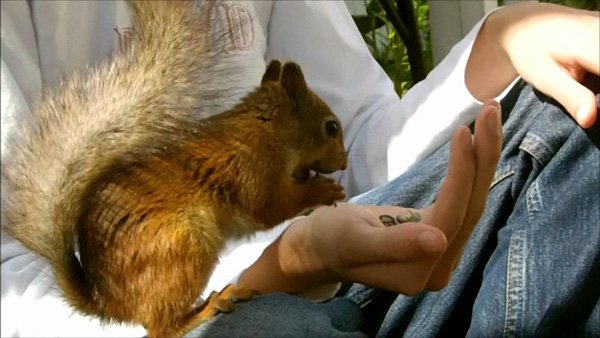 Chicken Runs Provide both Activity and Protection to Your Feathered Pet
Chicken Runs Provide both Activity and Protection to Your Feathered Pet
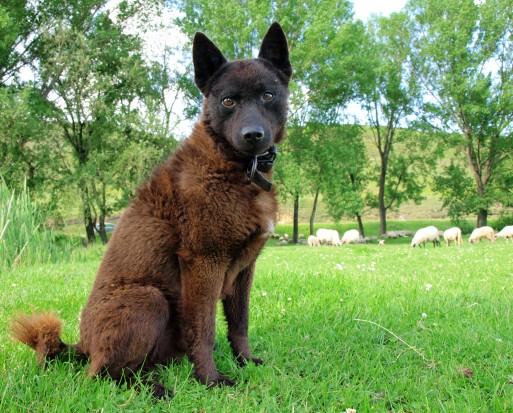 What Is Chagas Disease In Dogs - Is It A Uk Problem?
What Is Chagas Disease In Dogs - Is It A Uk Problem?
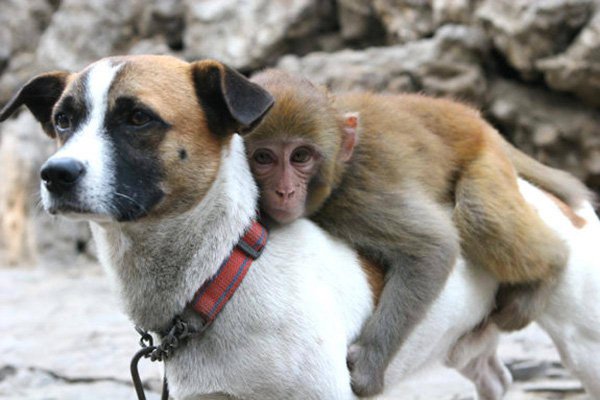 That's how long dogs have been our best friends!
That's how long dogs have been our best friends!
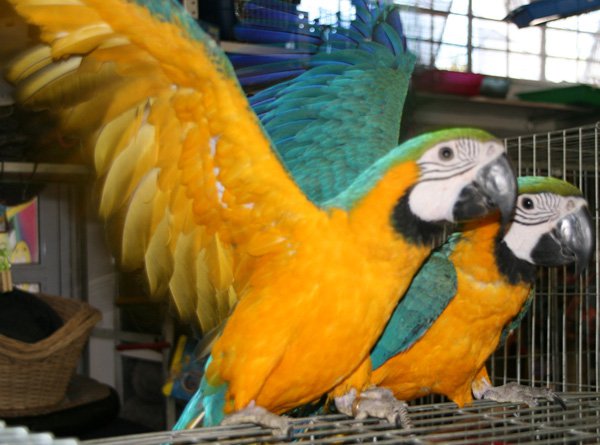 Why Pets Sometimes Are Mistreated And Die Prematurely
Why Pets Sometimes Are Mistreated And Die Prematurely
 Norfolk Terrier Hereditary Health And Longevity
Norfolk Terrier Hereditary Health And Longevity
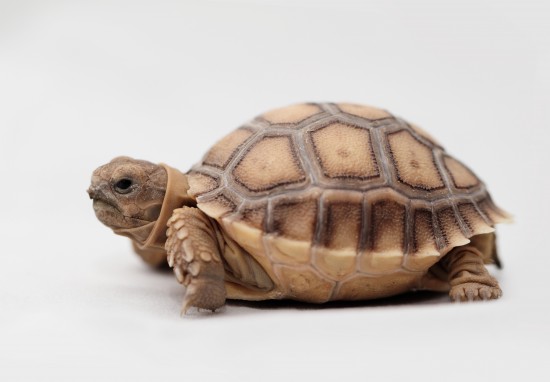 Keeping African Sulcata Tortoises As Pets
Keeping African S
Keeping African Sulcata Tortoises As Pets
Keeping African S
 Should I Train My Dog Before Or After Taking Them For A Walk?
Should I Train My
Should I Train My Dog Before Or After Taking Them For A Walk?
Should I Train My
 Why Might An Otherwise Good Dog Bite Their Owner?
Why Might An Othe
Why Might An Otherwise Good Dog Bite Their Owner?
Why Might An Othe
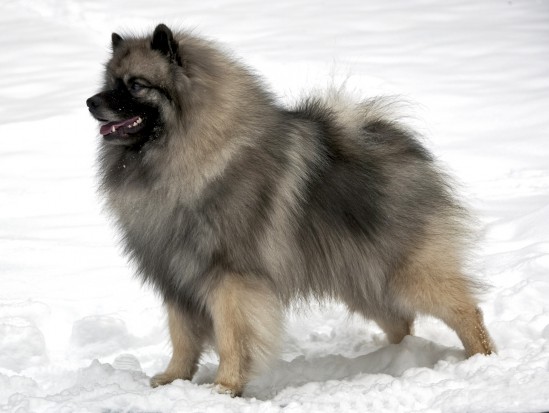 Hereditary Health And Health Testing For The Keeshond Dog Breed
Hereditary Health
Hereditary Health And Health Testing For The Keeshond Dog Breed
Hereditary Health
 Golden Retriever Temperament And Training
Golden Retriever
Golden Retriever Temperament And Training
Golden Retriever
Copyright © 2005-2016 Pet Information All Rights Reserved
Contact us: www162date@outlook.com